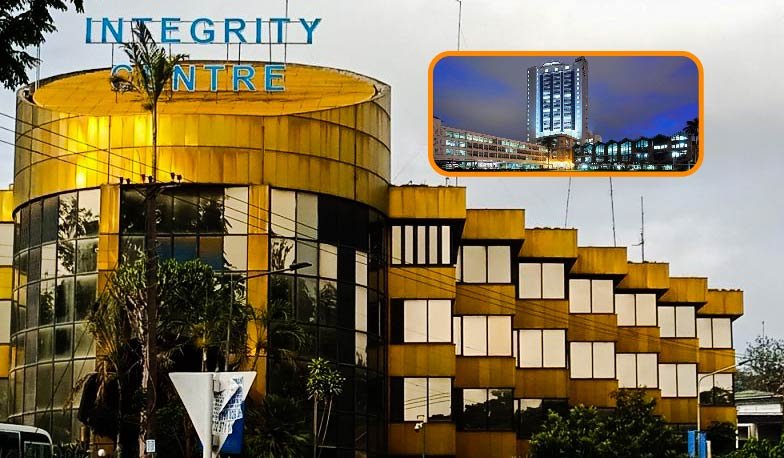The National Transport and Safety Authority (NTSA) has declined to renew Bolt’s operating license, citing violations including excessive commission charges and an “illegal” booking fee.
The regulator’s decision could affect Bolt’s operations as it aims to expand in Kenya.
Kenya’s transport regulator has denied Bolt a license renewal, claiming violations of transportation network regulations, including commission charges and a booking fee. The regulator’s refusal could impact Bolt’s operations in Kenya.
The National Transport and Safety Authority (NTSA) has accused Bolt of breaking regulations related to commission charges and booking fees, stating it cannot renew the operator’s license until these issues are resolved. Bolt’s current license, issued in October, is set to expire soon.
In response, Bolt’s country manager, Linda Ndung’u, argued that the company charges a booking fee to cover support and enhance service efficiency, maintaining that they are fully compliant with regulations.
The NTSA has demanded that Bolt provide detailed commission rates, highlighting any that exceed the maximum allowable 18%. Additionally, they want Bolt to cease the “illegal” booking fee.
This decision could impact Bolt’s operations in Kenya, where it is the largest ride-hailing service in terms of the number of towns it serves, with services available in 16 locations. Bolt operates in several African countries, including Kenya, Ghana, Nigeria, Uganda, Tanzania, and Tunisia.
NTSA’s refusal to renew the license is based on allegations of Bolt charging commission rates exceeding 18% and imposing an “illegal” booking fee, which the regulations prohibit.
Bolt has a limited time to address these issues if it wishes to continue operations beyond the license’s expiration date.





